In Hamburg, Looking Back on PIRLS 2016 and Ahead to 2021
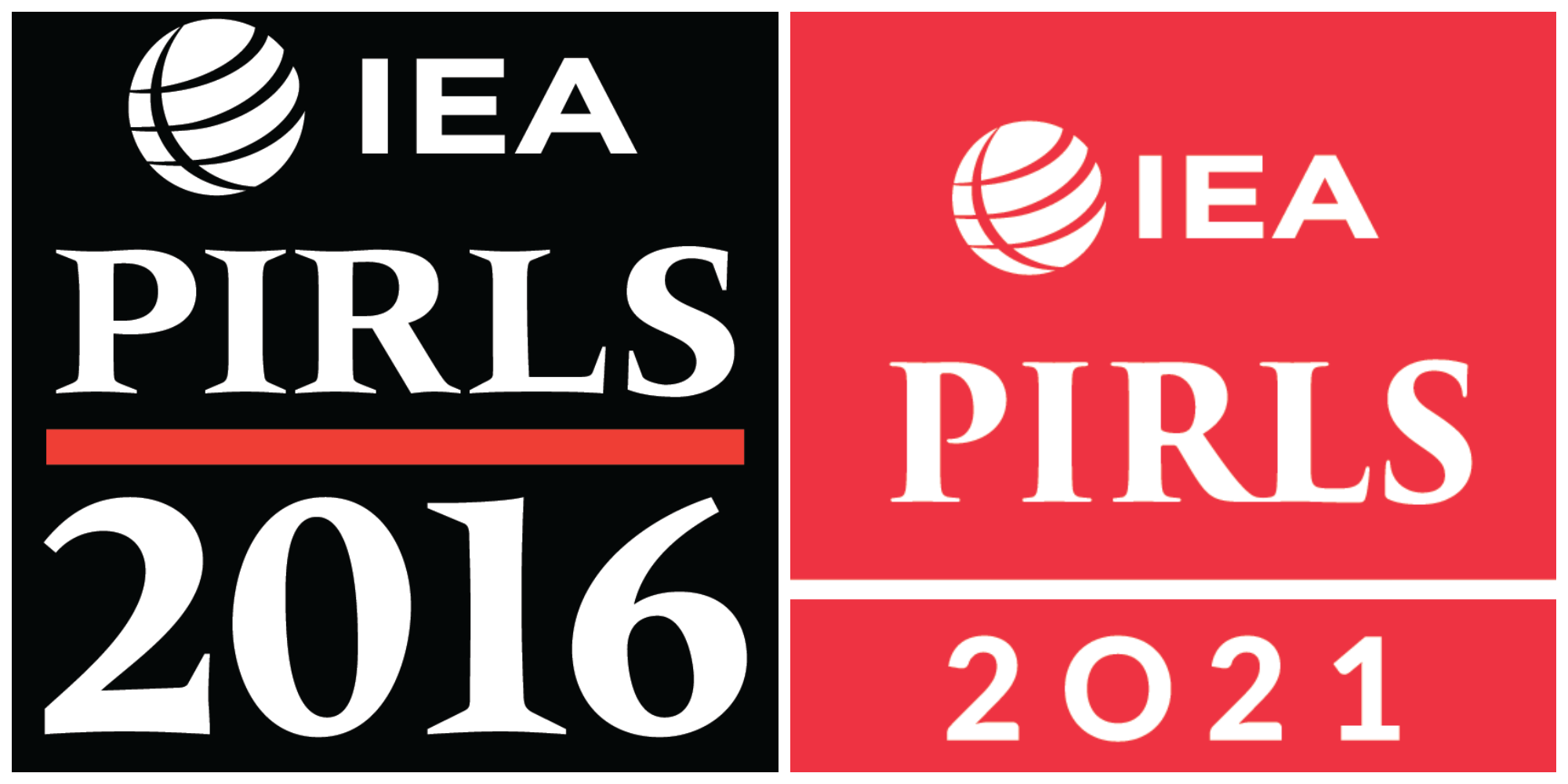
In Hamburg, Germany, countries gathered for the 9th PIRLS 2016 National Research Coordinators Meeting, getting training in use of the IEA International Database Analyzer to analyze the 15 years of PIRLS trends. They also convened for the 1st PIRLS 2021 National Research Coordinators Meeting that same week in early February, kicking off a new cycle of PIRLS by updating the framework and reviewing literary and informational passages and context questionnaires.
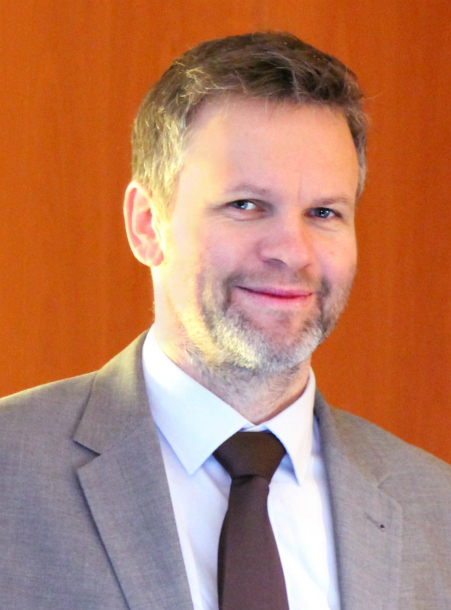
IEA Research Analyst Falk Brese led training in use of the IEA IDB Analyzer, showing country representatives how to use it to merge and analyze PIRLS data. He said he wanted participants to get an idea of the potential and what they could analyze.
“We hope they’ll be capable of reproducing tables from the PIRLS 2016 international report so that they can compare with international averages of other countries,” Brese said. “And also that they are able to do some more sophisticated regression analyses.”
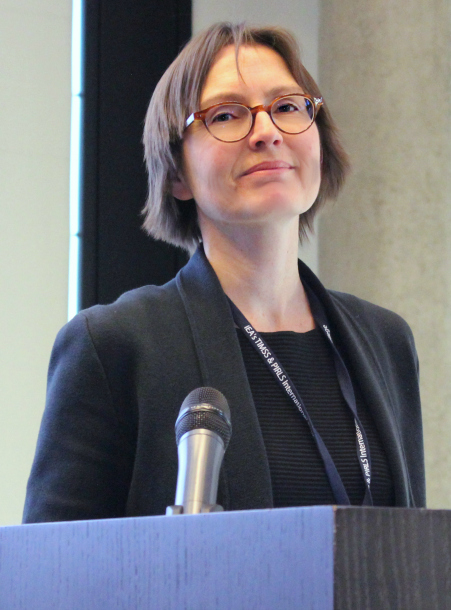
Sabine Meinck, Head of Research, Analysis & Sampling Unit at IEA Hamburg, delivered a presentation on testing for statistical significance, following that up with hands-on training exercises.
“They should be able to correctly use our data sets, and see that there are a lot of treasures beyond the international reports,” she said of PIRLS countries’ representatives. “Also, that they can use the data for their national data analysis needs and collections, and for research conferences. I hope they can come up with ideas on what can be done with the data.”
Moving on to a new cycle of PIRLS later that week gave some longtime National Research Coordinators an opportunity to reflect on the 15 years of PIRLS and the possibilities ahead.
View a slideshow from the 9th PIRLS 2016 & 1st PIRLS 2021 National Research Coordinators Meeting »
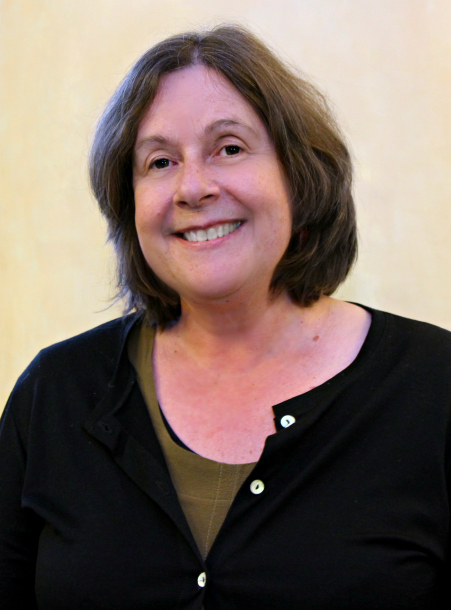
Megan Chamberlain of New Zealand joined PIRLS at the very end of the inaugural PIRLS 2001 cycle. She likes how PIRLS has continued to develop, saying that instead of just focusing on purposes of reading it has expanded to the focuses of comprehension. She also supported the five year cycle of PIRLS, calling it “very smart and not too intrusive.”
“It’s an assessment that has highlighted some weaknesses for us, especially the use of extended text,” she said. “Our children have really struggled with quite long texts. There’s a challenge of getting information out to the people who will make a difference, the teachers.”
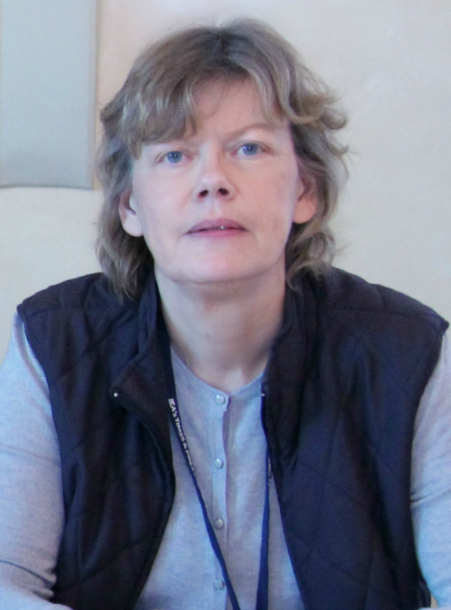
Liz Twist previously served as PIRLS National Research Coordinator for England, Scotland, and Northern Ireland. She now works at the National Foundation for Educational Research, and is helping to develop reading passages and items for PIRLS 2021. She said the questionnaires have been modified, and that “we’re always ambitious in the passages that we hope to use.”
“When we first published in 2002, we always had to explain what PIRLS was, what it’s measuring,” she reflected. “PIRLS is now better known in the UK. I also think PIRLS goes out of its way to involve the countries and give them an opportunity to express their views.”
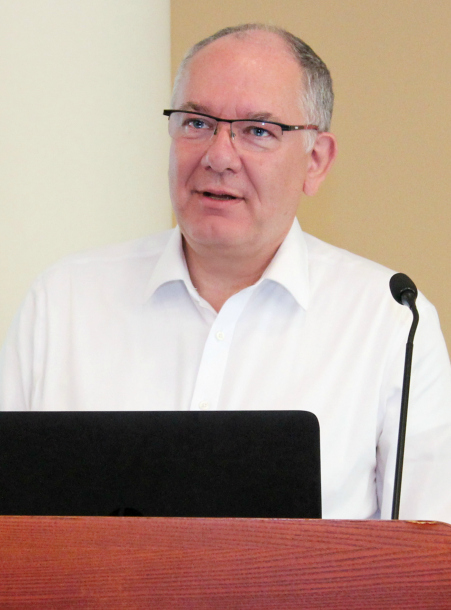
Marc Colmant of France, who also has been involved in PIRLS since its beginnings, called the assessment a wonderful tool. He said PIRLS enables France to view results from many countries over several cycles, and pointed to how the PIRLS Encyclopedia details the ways in which other countries structure their education systems and how they work.
“Since 2001, international French results have been decreasing cycle after cycle, but it reversed the way people think about the performance of primary school students,” he said. “Before PIRLS we were thinking we didn’t have any real problems with primary school, maybe in French language but certainly not in mathematics and science, where we thought we were very good. And both assessments showed us cycle after cycle that was not the case.”
“The mentality now has changed, and people understand we have a very real problem in primary school,” he continued. “We’re not at the level we all think we should be.”
—Shirley Goh, Assistant Director, Communications and Media Relations
TIMSS & PIRLS International Study Center

